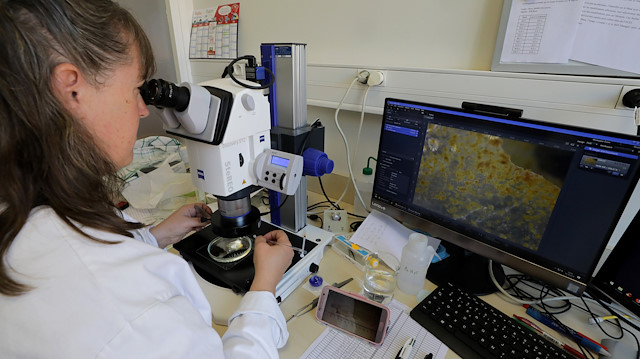
North Americans are ingesting hundreds of thousands of miniscule plastic particles annually, according to a Canadian study released Wednesday.
The effect on human health remains mostly a question, but it is known that some plastics – bisphenol A (BPA) found in some water bottles for example -- do negatively affect hormone-secreting glands. Research also shows BPA can carry other toxins as well.
While not wanting to spread panic, chief study author Kieran Cox, a biologist with the University of Victoria in British Columbia, said so much plastic in the human body cannot bode well.
“(W)e are getting into hundreds of thousands (of particles) a year,” he said. “That’s a non-trivial dose.”
While studies have been done on the amount of plastics in the oceans, land and air, this is one of the first to look at the amount of plastic in humans.
The study found plastic particles enter an individual through food, drinking and the air.
“If you tell people more facts surrounding microplastics in the ocean, they don’t seem bothered by it. But if you tell them there’s a small piece of plastic in their food, they’re really connected to that.”
Food produces between 39,000 to 52,000 microplastics a year in each individual. Those who drink a lot of bottled water add another 90,000 particles, while intake through breathing the air around us introduces up to 69,000 more particles.
Cox said the figures are likely conservative.
“I would say the likelihood that’s it’s an underestimate of your total consumption over the year is pretty high,” he said.
“You can think about the middle of the grocery store – you walk through all those middle aisles and the vast majority of those items are going to be wrapped in plastic. Everyone can take a survey of their day and think about the items that they’re consuming that have a lot of plastic in them.”
The study was published in ACS Publications, a non-profit organization that features various research studies of chemistry and related sciences.














